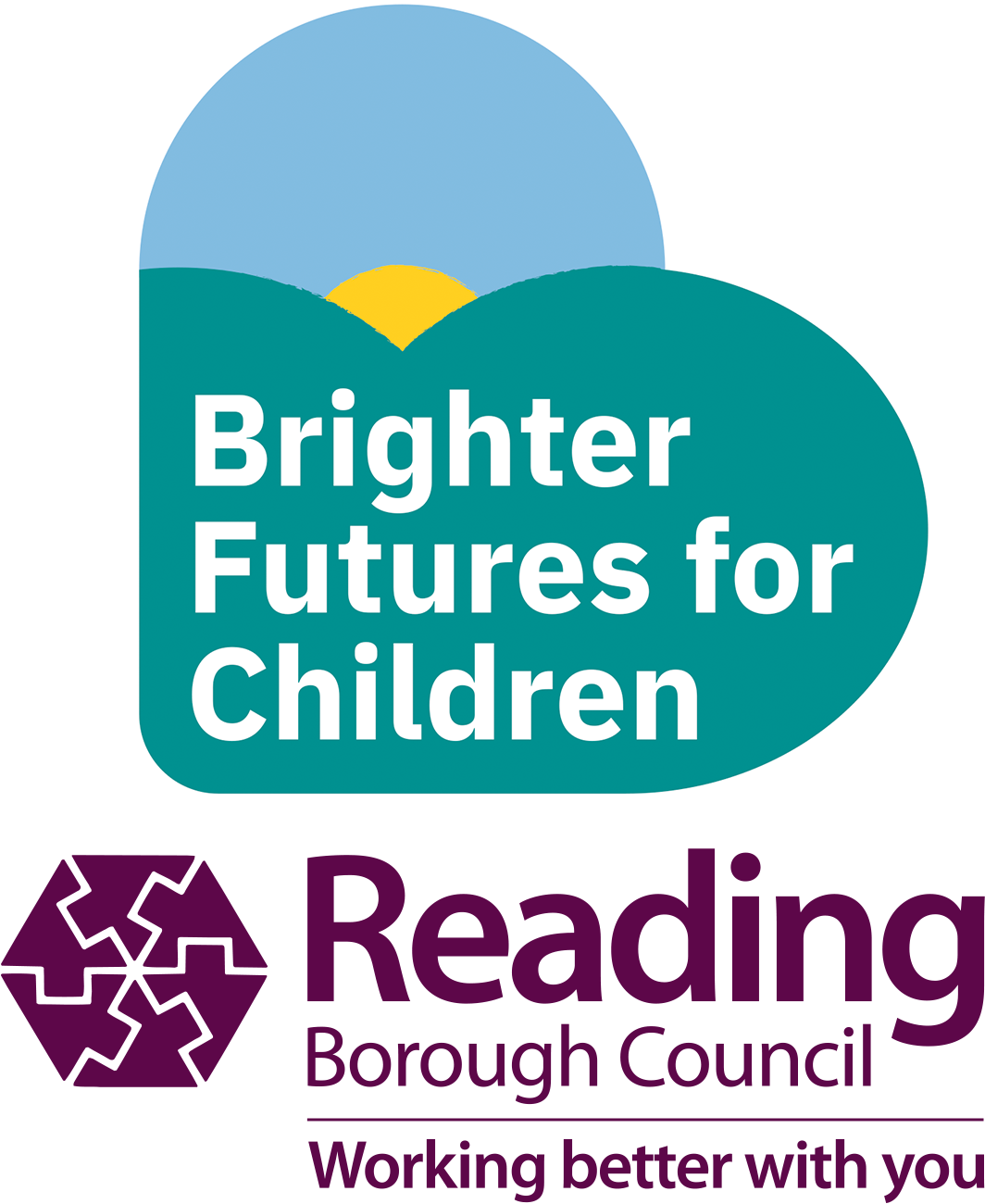Modern Slavery Statement including Human Trafficking 2023-25
In accordance with the Modern Slavery Act 2015, Brighter Futures for Children (BFfC) makes the following statement regarding the steps it is taking to ensure that modern slavery (i.e. slavery and human trafficking) is not taking place in any part of its suppliers.
Our policies on modern slavery
BFfC, as part of Reading Borough Council, is committed to ensuring there is no modern slavery or human trafficking in any part of our activities and in so far as possible, requiring our suppliers to hold corresponding ethos.
To identify and mitigate the risks of modern slavery and human trafficking in BFfC, we have established robust recruitment procedures. In addition, other external agencies providing staff are approved within governance frameworks used by Reading Borough Council (RBC), as part of our recruitment procederes.
Reading Borough Council has a range of HR policies in place to make sure we comply with employment legislation. These HR policies cover all aspects of employment, including recruitment and retention. The following are available to all employees via our intranet:
- Whistleblowing policy encourages staff to disclose issues and concerns that are within the public interest and we have open channels for staff to talk to senior managers who will listen and talk to staff about any concerns
- Declaration of interest form includes staff’s personal responsibility to declare anything that may influence decisions, be that through the procurement or recruitment process. It references the Bribery Act 2010 with regard to indirect pressure to recruit or secure jobs and suppliers
- Code of conduct makes clear to employees the actions and behaviours expected of them when representing the Council
We use only specified, reputable employment agencies to source staff and RBC verifies the practices of any new agency it is using on our behalf before accepting workers from that agency.
Our core activities include preventative work with children, young people and their families, including those who may be at risk of modern slavery. Our children’s social care, early help, prevention and education teams all play an integral part in ensuring that any current and potential risks are raised.
Our service users and/or staff may show signs of abuse through modern slavery and we may be the first to notice these signs. We acknowledge our responsibility to act when we do to prevent further abuse.
Safeguarding
All new starters are required to undertake safeguarding training at corporate induction which includes the escalation and reporting of safeguarding concerns including modern slavery.
We have guidelines for managing allegations against staff including safeguarding concerns and work in partnership with statutory agencies to investigate any allegations made. Details of the Local Authority Designated Officer (LADO) are published on our website.
We adhere to Berkshire West Children’s Safeguarding Partnership procedures and have a range of information and data sharing protocols in place with our partners.
Working with suppliers and risk assessments
Employee code of conduct – RBC’s code makes clear to employees the actions and behaviour expected of them when representing the Council, including BFfC. We strive to maintain the highest standards of employee conduct and ethical behaviour when commissioning or sourcing services.
We will ensure our suppliers and commissioned services have taken the necessary steps to ensure modern slavery is not taking place.
The commissioning, contracts and procurement team require all contractors of goods or services to have their own policy relating to working practices for modern slavery, or for evidence to be available to ensure their standards are in accordance with the Council’s expectations. We request that our contractors ensure the same of their own supply chains. Our contractor selection questionnaire/due diligence forms include a requirement to comply with the Modern Slavery Act 2015. The team is committed to ensuring contractors’ working practices are reviewed as part of our contract monitoring framework. For agency workers, we use national government approved frameworks, including HCPC that regularly audits social workers.
Due diligence
RBC undertake due diligence when considering taking on new suppliers, and regularly reviews existing suppliers. We identify and mitigate the risks of modern slavery and human trafficking within the Council and suppliers by:
- Purchasing through approved suppliers, within set rules for procurement, building or establishing long standing relationships
- Upholding professional codes of conduct and practice relating to procurement and supply
- Seeking assurance through the tendering process that our suppliers and business partners are able to evidence their approach to modern slavery
- Auditing and monitoring agencies who provide staffing for us once a year to ensure they are able to provide evidence of qualifications and registration
In addition, RBC has a number of controls in place to ensure compliance with employment legislation. We propose to invoke sanctions against suppliers and staff who fail to improve their performance in line with an action plan including the termination of contracts.
Due diligence – the role of the Senior Information Risk Owner (SIRO)
The SIRO takes overall ownership of BFfC’s confidentiality and data protection obligations, acts as champion for information risks and provides written advice to the Accountable Officer on the content of BFfC’s statement of internal control in regard to information risk.
The SIRO is expected to understand how the strategic business goals of Reading Borough Council, other children’s services, local authorities and partnership organisations, such as the NHS, Thames Valley Police and others’ Information Governance Framework business goals may be impacted by information risks, and how those risks may be managed.
The SIRO will implement and lead the Information Governance (IG) risk assessment and management processes within BFfC and advise on the effectiveness of information risk management across the Council. The SIRO shall receive training as necessary to ensure they remain effective in their role.
Training and raising awareness
We provide an online course for staff on modern slavery and human trafficking and we also have a National Referral Mechanism (NRM) course delivered to social workers.
In addition, we incorporate modern slavery training within our safeguarding discussions and in supervision.
Our procurement team is competent and qualified to Chartered Institute of Procurement and Supply (CIPS) standards and understand how to identify and implement measures to reduce modern slavery within commissioned services.
Our children’s social care staff are trained to identify children safeguarding risks and know how to escalate potential issues. Training is continuous.
We review relevant policies in line with changes to legislation and local policy regularly.
Our performance indicators
We will know the effectiveness of the steps that we are taking to ensure that slavery and/or human trafficking is not taking place within our organisation or suppliers if:
- No reports are received from our staff, the public, or law enforcement agencies to indicate that modern slavery practices have been identified.


